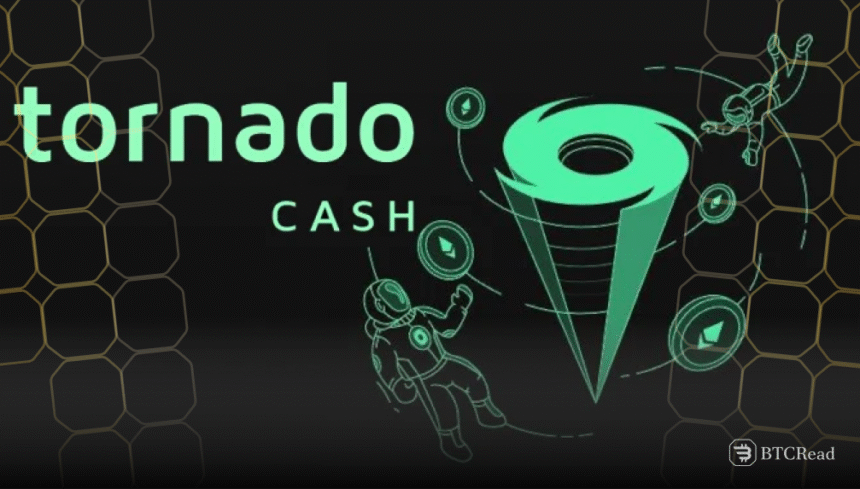The United States Department of Justice (DOJ) confirmed it will continue its criminal case against Tornado Cash co-founder Roman Storm. Federal prosecutors will attempt to prove that Storm knowingly participated in laundering criminal proceeds through the Ethereum-based mixing platform Tornado Cash.
Roman Storm is also charged with conspiring to commit money laundering and breaking U.S. sanctions. Prosecutors will contend he knowingly collaborated with others in order to send criminal money through the Tornado Cash platform, which was founded in 2019 and became well-known for hiding blockchain payments.
The case will be tried in a Manhattan courtroom in under two months, following a decision by U.S. District Judge Katherine Polk Failla. She previously denied Storm’s request to dismiss the charges on First Amendment grounds, rejecting claims that his actions were protected as free speech due to their coding nature.
Federal prosecutors also charged Storm with operating an unlicensed money transmission business, though the DOJ dropped part of that claim recently. The agency backed away from arguing that Tornado Cash violated FinCEN guidance, which clarified in 2019 that non-custodial entities aren’t money transmitters under federal law.
DOJ targets developers over Crypto crimes
The DOJ’s pursuit of Storm follows an internal memo revealing a new enforcement direction toward individual bad actors, not platforms. Officials stated they would avoid charging crypto mixers directly but would hold developers accountable if they knowingly facilitate illegal transactions.
The Treasury previously sanctioned Tornado Cash in 2022, alleging it was used to move over $7 billion in illicit funds. OFAC removed Tornado Cash from its sanctions list in March. This followed a federal appeals court ruling that immutable smart contracts shouldn’t be treated as property.
Alexey Pertsev, another Tornado Cash developer, was sentenced to 64 months in a Dutch prison last year for similar charges. He has since been released under electronic monitoring while preparing to appeal.
Storm and his legal team have not responded to recent requests for comment. The crypto community is closely watching the case. Its outcome could shape future legal treatment of decentralized privacy tools in the blockchain space.







